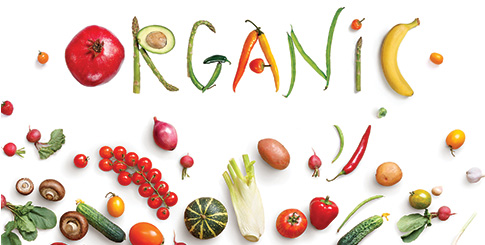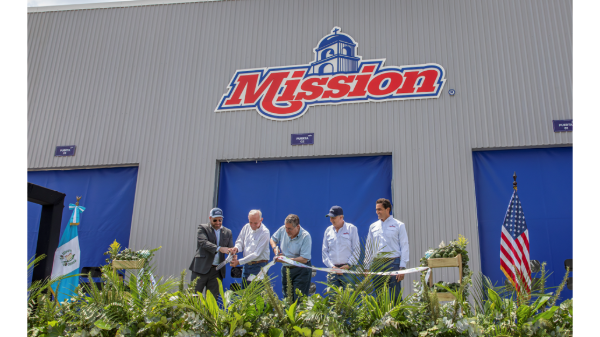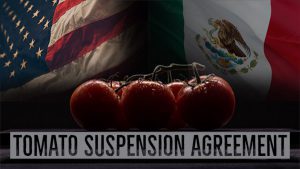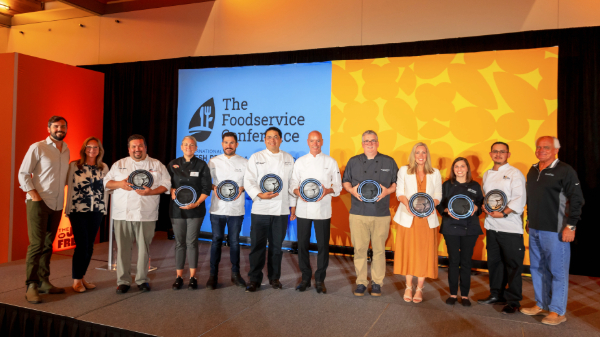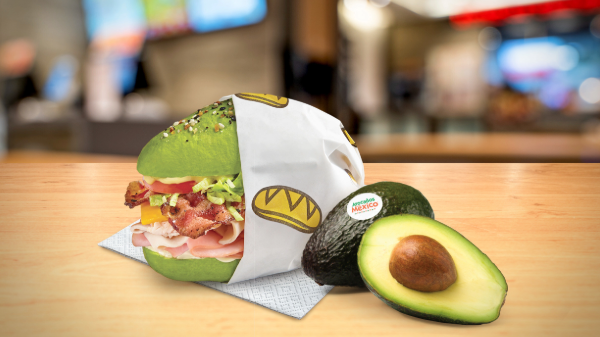Welcome to Blue Book!
Are you ready to join the thousands of companies who rely on Blue Book to drive smarter decisions? View our plans and get started today!
Still have questions? We’d love to show you what Blue Book can do for you. Drop us a line– we’ve been waiting for you.
Receivers say demand for organic and sustainable produce continues to intensify, in both foodservice and retailer.
“We continue to see growth in the Midwest in convenience, organics, and regionally-centric produce,” says Daniel Corsaro, director of sales and marketing at Indianapolis Fruit Company.
“We’ve developed a ‘Top 30′ foodservice organic item list and work to have those in stock every day,” says Sam Maglio, Jr., president of the Maglio Companies, Milwaukee, WI. “That way, a foodservice distributor can offer the lineup to their chef customer base without having to stock them.”.
Orders can be filled on a just-in-time basis, he notes, which “takes away the risk at the distributor level while giving organic produce access to restauranteur. Retailers in the Midwest have moved from a paltry 1 to 2 percent organic SKUs to 10 to 15 percent, growing faster than the foodservice side since consumer impulse purchases are driving that growth rather than the chef’s ingredient specification.”
For some, organic price points remain a concern.
“Organic items continue to be a steady growth item for us and we anticipate demand will grow,” says Brendan Comito, COO at Capital City Fruit Company Inc., West Des Moines, IA. “The only thing holding it back is the higher cost versus conventional.”
Consumers continue to spend on sustainably-produced items, looking for specialized labels and company initiatives. Reducing food waste also remains a hot button issue, with plenty of creative solutions from donating to food pantries to offering lower prices for “ugly” produce.
Comito acknowledges the less-than-perfect produce movement has arrived in the Midwest, noting, “Misshaped, scarred product packed in branded packaging, at a discount price, is a growing trend.”
Demand for sustainability extends across the supply chain, says Kerry Byrne, president of Total Quality Logistics LLC, Cincinnati. “Yes, customers are bringing (sustainability) up in conversation more often recently,” he says, noting Total Quality Logistics was recently named a supply chain “Responsible Care Partner of the Year” by the American Chemistry Council.
“We regularly evaluate and enhance our internal policies and trainings, especially regarding chemical and hazmat policies and distressed loads to benefit our customers’ supply chains,” Byrne says, “and the health and safety of our environment overall.”
—–
This is an excerpt from the most recent Produce Blueprints quarterly journal. Click here to read the full article.



